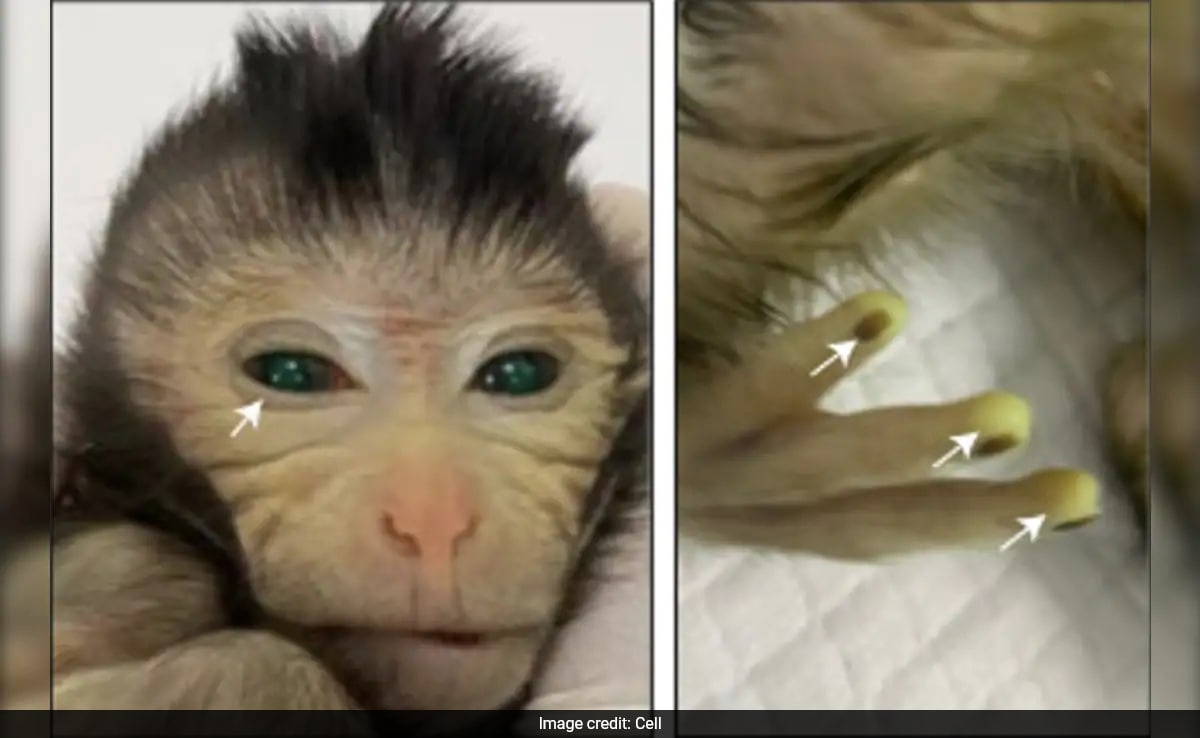
China Has Opened Pandora's Box: The Ethical Quandary of Chimera Research
China has taken a bold step into the controversial realm of chimera research by successfully creating the world's first live-born monkey chimera. This remarkable achievement has the potential to revolutionize biomedical research and pave the way for groundbreaking treatments for human diseases. However, it has also sparked a fierce debate about the ethical implications of merging human and animal cells, raising concerns about the blurring of species boundaries and the potential for unintended consequences.
The Chinese scientists behind this groundbreaking work have created a chimera monkey by combining stem cells from two macaque monkeys: one wild-type and one genetically modified to express human fluorescent proteins. These fluorescent proteins serve as markers, allowing the researchers to track the fate of the human cells within the monkey's body.
The resulting chimera monkey lived for ten days and displayed no apparent abnormalities. This suggests that it is possible to integrate human cells into a living animal without causing significant harm. However, it also highlights the ethical complexities of this type of research, as it raises questions about the nature of human identity and the potential for the creation of human-animal hybrids.
Proponents of chimera research argue that it holds immense promise for advancing medical science. By combining human and animal cells, scientists could develop new therapies for human diseases that are currently intractable. For example, chimeras could be used to study the development of neurodegenerative diseases such as Alzheimer's and Parkinson's, or they could be used to generate tissues and organs for transplantation that would be less likely to be rejected by the human immune system.
However, critics of chimera research raise serious ethical concerns. They argue that it is morally wrong to create beings that are part human and part animal, as this could blur the lines between species and potentially lead to the objectification of animals. They also worry about the potential for unintended consequences, such as the development of human-animal chimeras that could pose a threat to human health or the environment.
The debate over chimera research is likely to continue for many years to come. It is a complex issue with no easy answers. However, it is clear that the potential benefits of this research are significant, and it is important to have a thoughtful and informed discussion about the ethical implications before proceeding further.